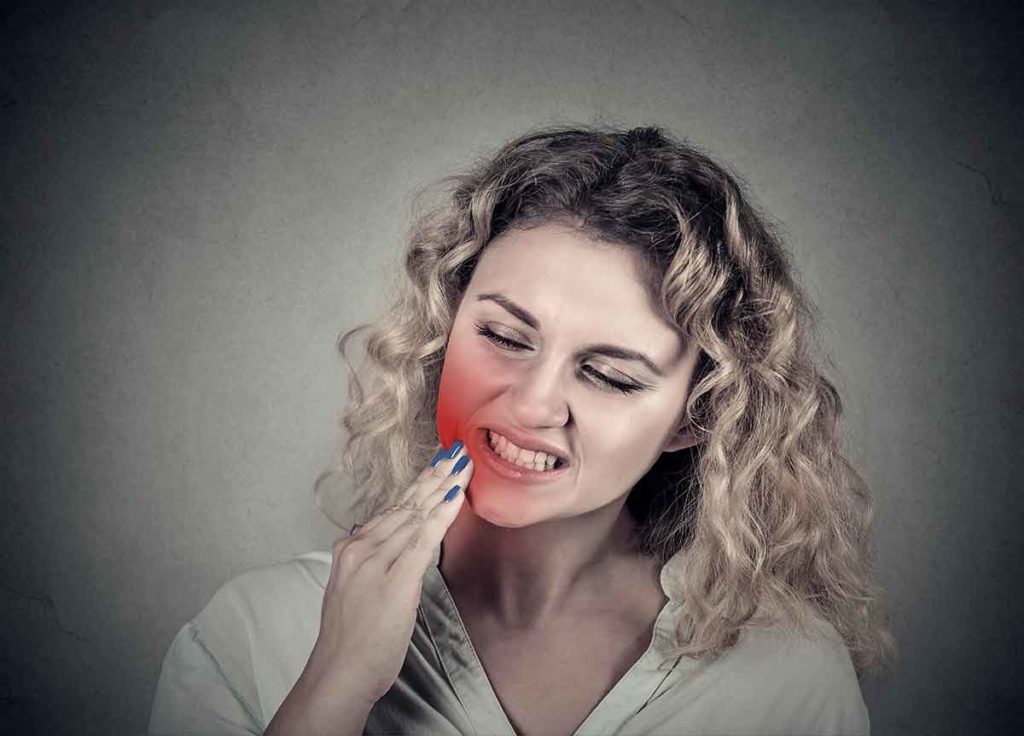
You probably already know it. That the dull ache underneath that tooth won’t subside on its own. That chipped tooth will only get worse if it continues to go untreated. That uncomfortable sensitivity to hot or cold food or drink will only increase in severity. Yet, as the world hunkers down to wait out the current coronavirus (Covid-19) pandemic, many Americans are wrestling with a crucial question, “is my dental problem urgent enough to seek treatment now?”
Find out what qualifies a dental emergency during the Covid-19 outbreak and take a look at what dental offices are doing to accommodate people just like you who need emergency dental services.
Note: This content does not constitute medical advice. Talk with your primary care physician about your personal risks to the Covid-19 outbreak to inform your decision of whether or not you’re healthy enough to interact with strangers.
Can I See a Dentist If I Have to Shelter in Place?
Yes, you can still see a dentist if your issue qualifies. Emergency dental care is considered an essential service during this outbreak. However, the American Dental Association has called on dentists nationwide to suspend all elective procedures.
In states and municipalities under order to shelter in place, dentists have been urged by the CDC (Centers for Disease Control and Prevention) to suspend non-emergency dental services to limit person-to-person contact.
What Qualifies as a Dental Emergency?
Broadly, a dental emergency is any oral-facial issue, including facial trauma, that is extremely time sensitive – that is, any issue affecting your mouth or facial bones that’ll become much worse if you don’t act soon.
The things that make a dental issue an emergency are elevated pain and increased vulnerability:
- Severe or unrelenting pain
- The presence of an infection
- The threat of near- or long-term consequences due to a lack of treatment
What Should I Do If I’m on a long-term treatment plan?
Call your dentist to get guidance on what you can do at home to maintain the progress you’ve made during treatment until normalcy returns and you can resume treatment. If your treatment is considered an “elective procedure,” your emergency dentist will likely ask you to hold off until they restore normal operations.
What If My Issue is Urgent, But Not an Emergency?
Consider telemedicine. As movement across the country continues to tighten, dentists are increasingly adjusting to these limitations by offering virtual consultations. You may be able to get a preliminary exam via a mobile device, laptop or desktop computer equipped with a camera and microphone. It may be the next best thing to a 24-hour emergency dentist for the time being.
What Can I Do At Home If I’m in Self-Isolation Due to the Coronavirus?
The best things you can do to maintain your dental health at home are pretty much things we should all be doing daily: brushing, flossing and rinsing with mouthwash twice every day.
What Are Dental Offices Doing to Minimize the Risk of Infection for Patients and Staff?
Like other small and midsize businesses, emergency dentists have been following the CDC’s Infection Control guidelines to minimize the risk of spreading Covid-19.
These measures include increasing the frequency of cleaning, taking extra care in sanitizing high tough points and minimizing person to person contact. Some dental offices are updating their websites with projected wait times for patients and are offering virtual consultations.